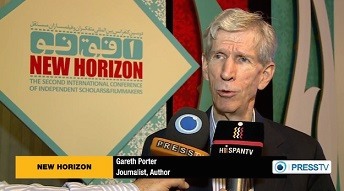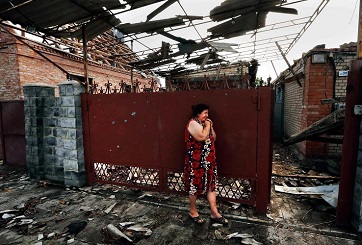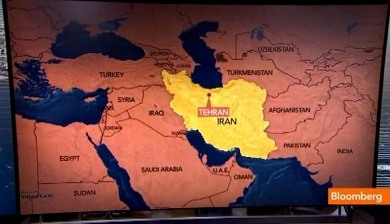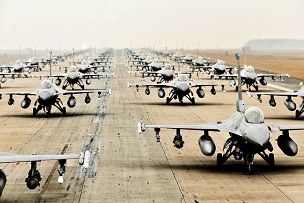What Is Wrong With Gareth Porter? -An Interview
A few days ago, I came across a disturbing article on Buzzfeed. The headline read; “U.S. Journalist Regrets Attending Conspiracy Conference In Tehran.” According to Buzzfeed, Gareth Porter, a respected journalist and critic of the Jewish lobby and Israel, reported that he would have never have attended the “conference in Tehran if he had known the real views of his fellow attendees.”
But the report didn’t stop there. In an attempt to justify his position, Porter proceeded to breach the ethics of journalism -- he published an email correspondence with a top Iranian official without requesting permission to do so. Porter didn’t even bother to correct the spelling and typos of the Iranian official.
Porter purported to speak on behalf of other activists and writers, again, without obtaining their consent. And as if all this was not sufficient, Porter went on to smear other activists and condemned their elementary exercise of freedom of speech.
But the entire story is not all bad. While most non-ethical conspirators operate in a clandestine manner, Porter exposed his methods. For some reason he provided a precious glimpse into the entire spectrum of ugly tactics that are employed to keep the gates sealed. It is not a secret that instead of choosing to be a guardian of the truth, the contemporary progressive operates as a guardian of the discourse, or, more accurately, ‘the progressive discourse.’


































